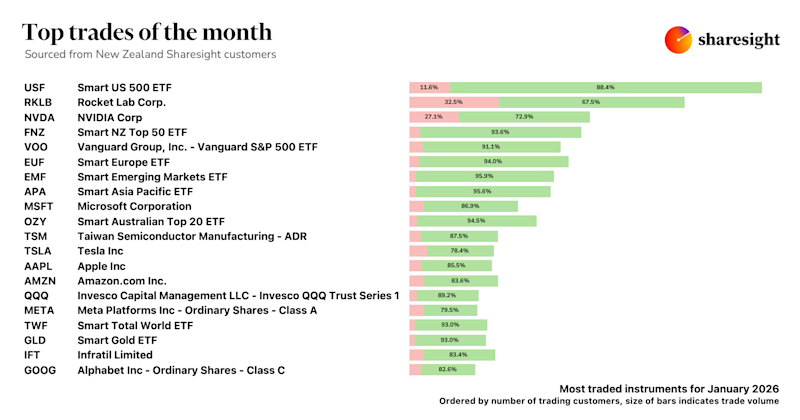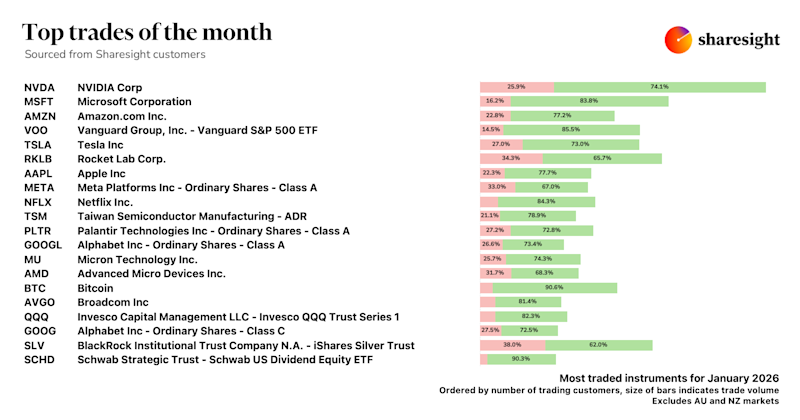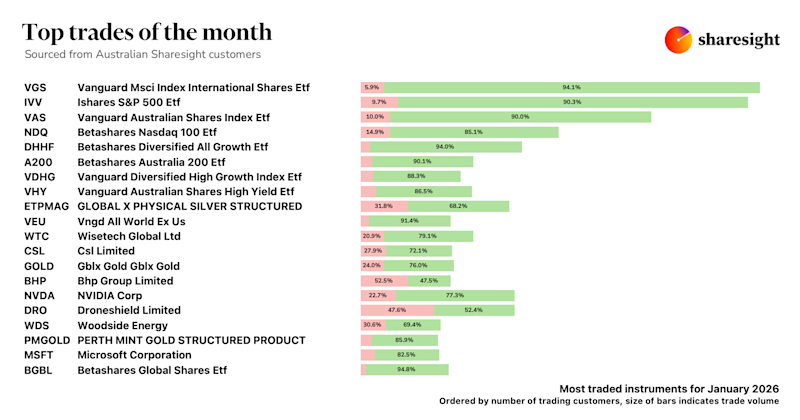Calculating taxable gains on share trading in New Zealand
Disclaimer: This article is for informational purposes only and does not constitute a specific product recommendation, or taxation or financial advice and should not be relied upon as such. While we use reasonable endeavours to keep the information up-to-date, we make no representation that any information is accurate or up-to-date. If you choose to make use of the content in this article, you do so at your own risk. To the extent permitted by law, we do not assume any responsibility or liability arising from or connected with your use or reliance on the content on our site. Please check with your adviser or accountant to obtain the correct advice for your situation.
New Zealand’s proposed general capital gains tax (CGT) regime was abandoned by Government in 2019 after much debate. However, did you know that a tax on gains already applies to some investors in New Zealand?
Here, we break down who New Zealand’s capital gains tax currently applies to, and how to calculate losses/gains on share trading activity using Sharesight for tax purposes.

What is capital gains tax?
Common in many countries around the world, CGT is a tax on the profit realised from the sale of assets such as stocks, bonds, cryptocurrency, property and many others. The rate of taxation differs between countries and is typically dependent on factors such as the amount of profit gained, the investor’s annual income and the length of time the investment was held prior to its sale.
Does New Zealand have a capital gains tax?
New Zealand does not have a broad capital gains tax regime like many other countries, however some gains are taxed as income or trading profits. Tax on gains made may apply to NZ investors when:
-
They purchase a property with the intention to sell it (this rule was introduced in 2016)
-
They purchase shares or other investments with the intention to sell for a profit (rather than hold the shares and earn income from holding them).
In these situations, the individual may be classified as a "trader" (as opposed to a regular investor) by the IRD.
Do you pay tax on gains from shares in New Zealand?
As mentioned above, investors who are classified as "traders" may need to pay a tax on their gains from shares. Unfortunately New Zealand’s IRD provides little information to investors on when this is ruled to apply.
According to Section 65 of the 2007 Income Tax Act, a gain is liable for income tax when:
-
The investor is in the business of dealing in shares, or
-
The shares were acquired with the dominant purpose of resale at a profit, or
-
The investor enters into a scheme or undertaking to make a profit from shares.
In simpler terms:
-
The intent when purchasing the shares needs to be to make a gain when sold
-
This needs to be the dominant purpose for the buying of these shares (rather than earning dividend income for example).
To clarify this further, the IRD looks for a number of behaviours to determine whether an investor is undertaking a business in dealing (or trading) in shares. These can include:
-
Individuals show a pattern of (usually frequent) buying and selling of shares over time
-
Individuals invest significant levels of capital in investments, in particular when investing on margin / borrowing to invest
-
Individuals monitor their investment portfolios closely, perhaps using an advanced online trading platform
-
Individuals spend a lot of time researching their investments
-
Individuals buy high risk shares to flip at a profit
-
Shares are bought and sold on ‘revenue’ account instead of capital account.
New Zealand’s IRD tax rules are complex and the above should not be considered tax advice.
Consult your accountant if you’re unsure
While many Sharesight users tend to be "buy and hold" investors, who invest over the long term to earn dividends, New Zealand’s IRD may still judge the activity to be ‘trading’. Even if you’re not an active trader, the issue of intent is very important, and Sharesight recommends consulting a registered accountant to determine whether these rules apply to your circumstances.
Is there a capital gains tax on crypto in New Zealand?
While there is no capital gains tax regime in New Zealand, the IRD states that cryptoassets (including all cryptocurrencies and non-fungible tokens) are considered property and in most cases, the gains from buying, selling or exchanging cryptoassets are taxable. Specifically, investors may need to pay a tax when:
- Acquiring cryptoassets for the purpose of disposal (for example to sell or exchange)
- Trading in cryptoassets
- Using cryptoassets for a profit-making scheme.
Similar to the taxation rules around share investing, the crypto investor's intent is important. For example, the IRD states that if you plan on selling or exchanging your cryptoassets at some point in the future, this is considered a "purpose of disposal", no matter how long you plan to hold onto your assets before selling them. There are also a number of factors the IRD uses to determine whether a crypto investor is a trader or is involved in a profit-making scheme. As always, it is recommended you consult your accountant for advice on your specific situation.
It should also be noted that regardless of your situation, it's important to keep up-to-date records of all cryptoasset transactions, including the New Zealand dollar value of the transactions and any cryptoasset income and expenses.
Automatically calculate gains/losses on NZ shares for tax purposes
Sharesight makes it easy to calculate gains (or losses) for share traders in New Zealand with our ‘traders tax’ report.
Sharesight’s traders tax report calculates any taxable gains, using one of four methods:
-
First-in, first-out (FIFO)
-
First-in, last-out (FILO)
-
Minimise capital gain (sell highest priced shares first)
-
Maximise capital gain (sell lowest priced shares first).
NZ’s IRD may require you to use a specific sale allocation method in your situation (often FIFO), consult your accountant for information specific to your situation.
The traders tax report allows NZ share traders to automatically calculate their taxable gains over any time period, using the sale allocation method of their choice.
Calculate your NZ taxable gains today
By using Sharesight for performance tracking and tax reporting, investors can eliminate the paper-chase and headaches normally associated with completing their IRD tax returns.
With Sharesight you can:
- Automatically track your dividend and distribution income from stocks, ETFs, LICs and Mutual/Managed Funds
- See the true picture of your investment performance, including the impact of brokerage fees, dividends, and capital gains with Sharesight’s annualised performance calculation methodology
- Run powerful tax reports to calculate your dividend income with the taxable income report
- Calculate taxable gains/losses for individuals who hold shares on revenue account (i.e. they are classified as traders by the IRD) with the traders tax report
- Calculate foreign investment fund (FIF) income for New Zealand residents with certain offshore holdings according to IRD rules with the FIF report
Sign up for a FREE Sharesight account and get started tracking your investment performance (and tax) today. Plus, if you upgrade your Sharesight subscription may be tax deductible.1.

MORE INFO
- Sharesight Help – traders tax report
FURTHER READING
1If you are a New Zealand tax resident and you derive income from the sharemarket, your Sharesight subscription may be tax deductible. Check with your accountant for details.

Top trades by New Zealand Sharesight users — January 2026
Welcome to the January 2026 edition of our trading snapshot for New Zealand investors, where we look at the top 20 trades made by New Zealand Sharesight users.

Top trades by global Sharesight users — January 2026
Welcome to the January 2026 edition of Sharesight’s trading snapshot for global investors, where we look at the top 20 trades made by Sharesight users globally.

Top trades by Australian Sharesight users — January 2026
Welcome to the January 2026 edition of our trading snapshot for Australian investors, where we look at the top 20 trades made by Australian Sharesight users.